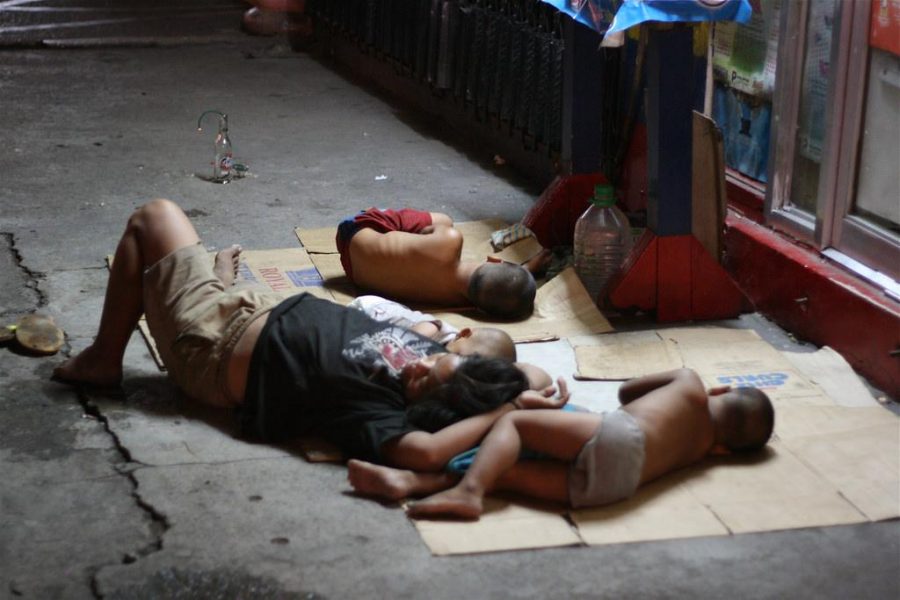
The city seems to have good intentions in the new long-term plan to deal with the issue of homelessness. The three-phase plan has important ideals in regards to treating people for addiction and managing the homeless population, but the plan is far from sufficient.
So far the plan forces hundreds of homeless people to relocate instead of developing a direct solution for the area. The plan also does not address the many causes of homelessness. Instead, it is a plan that mostly helps the businesses and people who are fed-up with the homeless people living outside and hoping for hand-outs of food and money each day.
Phase one of the homeless management plan happened on August 14, 2017. It focused on enforcing laws in which numerous people were arrested for drug-related crimes. The intentions are good and it would be beneficial for people to receive assistance in overcoming their drug addictions and to live in a more healthy way. However, the dealers reportedly migrated into other neighborhoods when the police began closely monitoring Rio Grande Street. So the problem hasn’t lessened if dealers still carry on with “business as usual” in other areas.
The second phase to manage homelessness allows drug-addicts to receive treatment in which they are provided a bed in rehabilitation services. If they succeed, charges against them are potentially dropped. If not, they are arrested for their original crimes.
Giving treatment to these people who need it is the right approach and actually helps the core problem. Except, behind the scenes, dozens of men participating in rehabilitation programs in jail have not received treatment since the launch of Operation Rio Grande. These men will eventually be released from jail without rehabilitation. The city clearly did not plan this program broadly enough to make the necessary changes for a true impact.
Salt Lake City is not alone in its failings to find humane solutions. Cities all over the country lack the ability to humanely and efficiently attend to homeless people. But this is no excuse for what occurred this past May in Salt Lake City — our city actually used a tractor to forcefully clear out Rio Grande. It was a completely cruel method to move people’s belongings, despite their “24-hour notice.” These people have nowhere to go and no way to get there, so no amount of notice is going to make them move if better solutions aren’t presented.
Criminalizing people for performing necessary life functions such as sleeping and eating is entirely degrading and discriminatory. The city’s ban on camping or sleeping outdoors forces people to make a choice between sleep and being arrested. Sleep deprivation and hunger are recognized as techniques used against prisoners. It is cruel and degrading no matter if the prison is cement or one made up of economic policies and ordinances, and we need to harness a fresh approach to handling the issues at hand.
http://operationriogrande.utah.gov/index.html
letters@dailyutahchronicle.com
